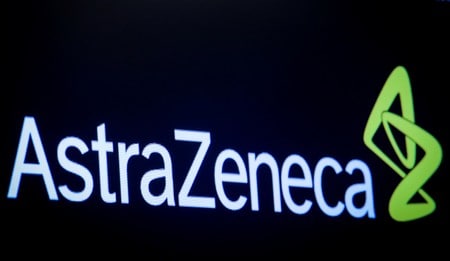(Reuters) – AstraZeneca Plc said on Monday its experimental treatment significantly reduced disease activity in patients with autoimmune disorder lupus, in a late-stage study.
The results pit the British drugmaker’s anifrolumab against rival GlaxoSmithKline Plc’s Benlysta – the only new drug approved for lupus in the last 60 years.
Benlysta recorded 473 million pounds of global sales in 2018, up 26% from a year earlier.
In the trial of 365 patients on standard therapy for moderate-to-severe systemic lupus erythematosus (SLE), 47.8% of those who received anifrolumab experienced improvement in disease activity after 52 weeks of treatment, compared with 31.5% of patients on placebo.
SLE is a debilitating and sometimes fatal chronic inflammatory autoimmune disorder that can affect the joints, skin, heart, lungs, kidneys and brain, with about five million people affected globally, according to the Lupus Foundation of America.
More than half the patients on the intravenous treatment, administered every four weeks, were able to reduce their use of oral corticosteroids, compared with 30.2% of patients on placebo, the company said.
Corticosteroids are used to control problems caused by lupus, including inflammation, pain and tissue damage.
“(The) results demonstrated that, by targeting the type I interferon receptor, anifrolumab reduces overall disease activity, reduces corticosteroid use and improves skin manifestations,” Eric Morand, principal investigator on the trial, said in a statement.
(Reporting by Saumya Sibi Joseph in Bengaluru; Editing by Shinjini Ganguli)


